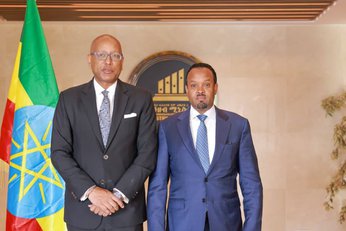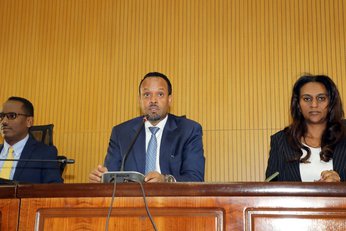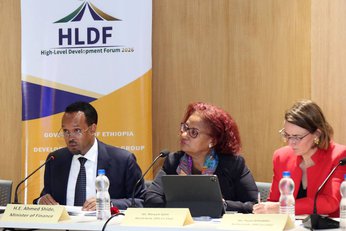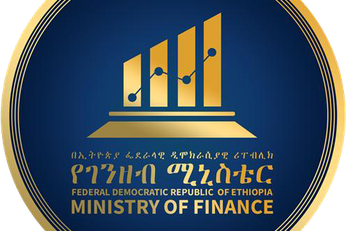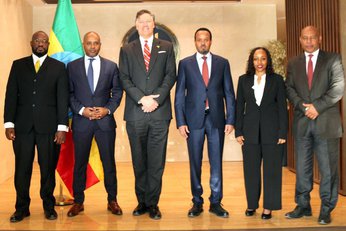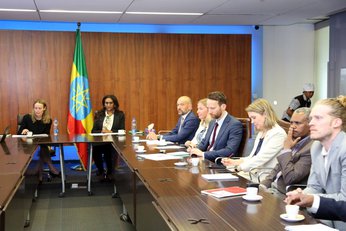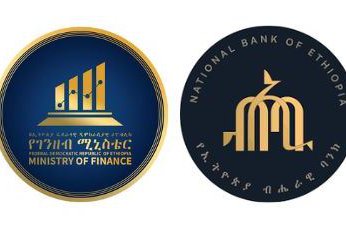Ethiopia Positions Energy as a Strategic National Resource, Emphasizing Financial Viability and Accelerated Private Sector Mobilization
Published: Sept. 30, 2025
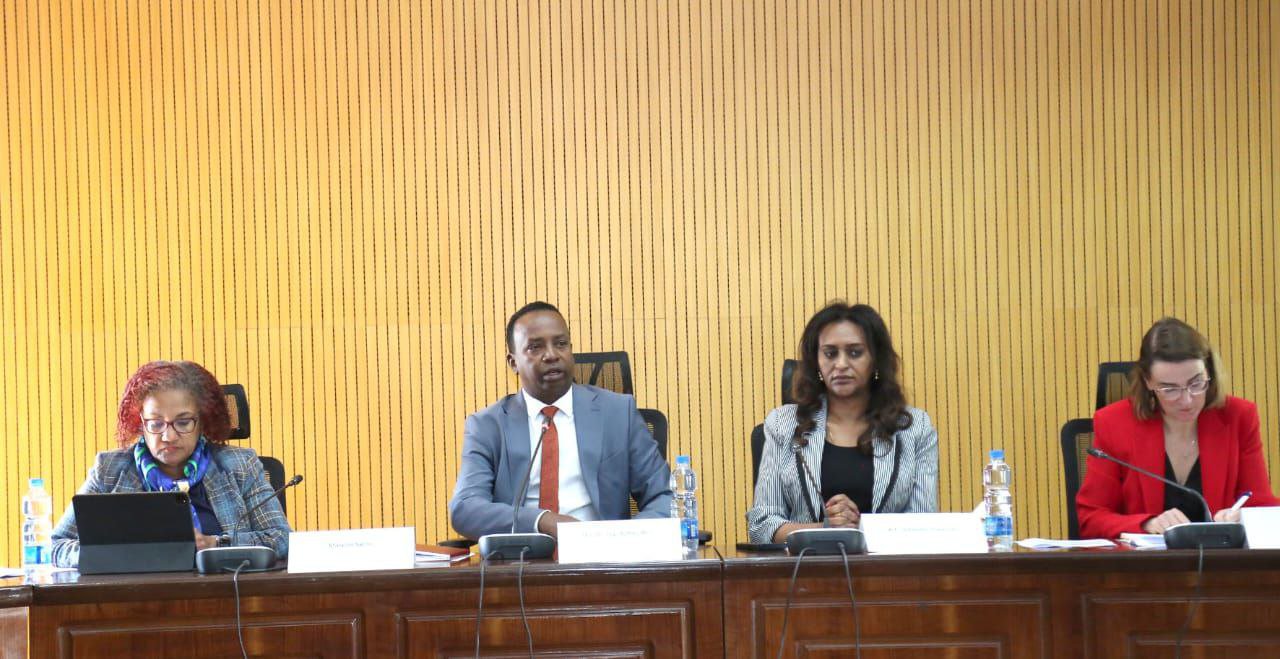
Addis Ababa, Ethiopia – September 30, 2025 – The Government of Ethiopia, through the Ministry of Finance, the Ministry of Water and Energy and its key energy utilities, as well as Development Partners, including the World Bank convened a high-level Development Partners Group (DPG) Heads of Agencies (HoA) meeting today to review significant progress in the energy sector reform agenda and solidify collaborative steps toward achieving universal energy access and positioning Ethiopia as Africa's green energy hub.
The meeting, titled ‘Advancing Ethiopia’s Energy Reform’, provided a crucial platform for dialogue between senior government officials, ambassadors, and development partners to align support with national priorities and Ethiopia’s broader transformation agenda, including the Homegrown Economic Reform 2.0 (HGER 2.0). The reforms are also framed under the National Energy Compact, endorsed under the Mission 300 initiative at the margin of UNGA80, ensuring that Ethiopia’s domestic priorities are aligned with global efforts to end energy poverty and accelerate the clean energy transition. The meeting further offered a comprehensive update on Ethiopia’s ambitious energy sector reform program and underscored the strategic importance of energy in driving economic transformation and shared prosperity.
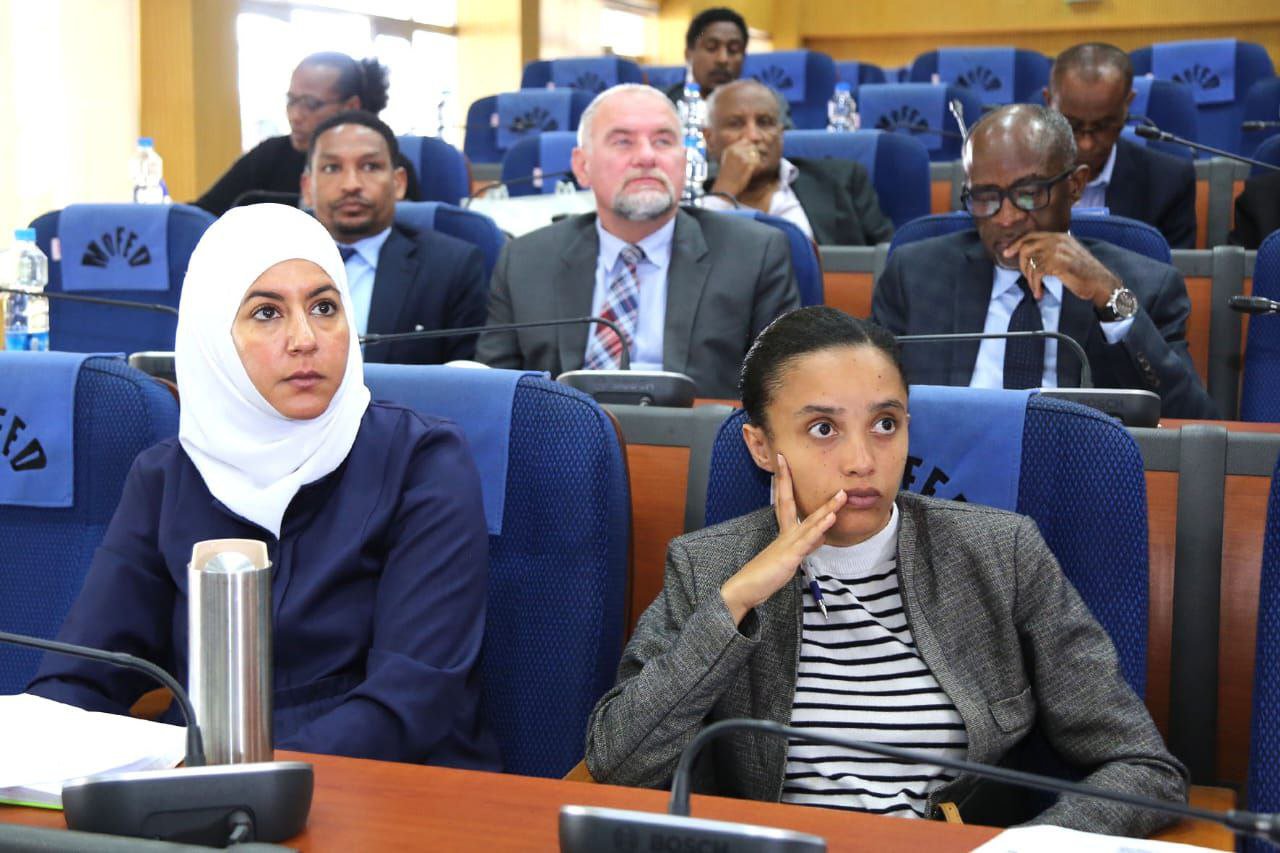
The technical energy reform team presented progress across the main pillars of the Power Sector Reform Program. These include tariff reform and financial viability, where Ethiopia is on track to achieve cost recovery by 2028; energy security and least-cost planning, supported by the forthcoming approval of a new Energy Policy and master plan; operational performance and institutional restructuring, which are improving utility efficiency and service delivery; and energy access and clean cooking, with commitments to reach 75% electricity access and 57.7% clean cooking access by 2030.
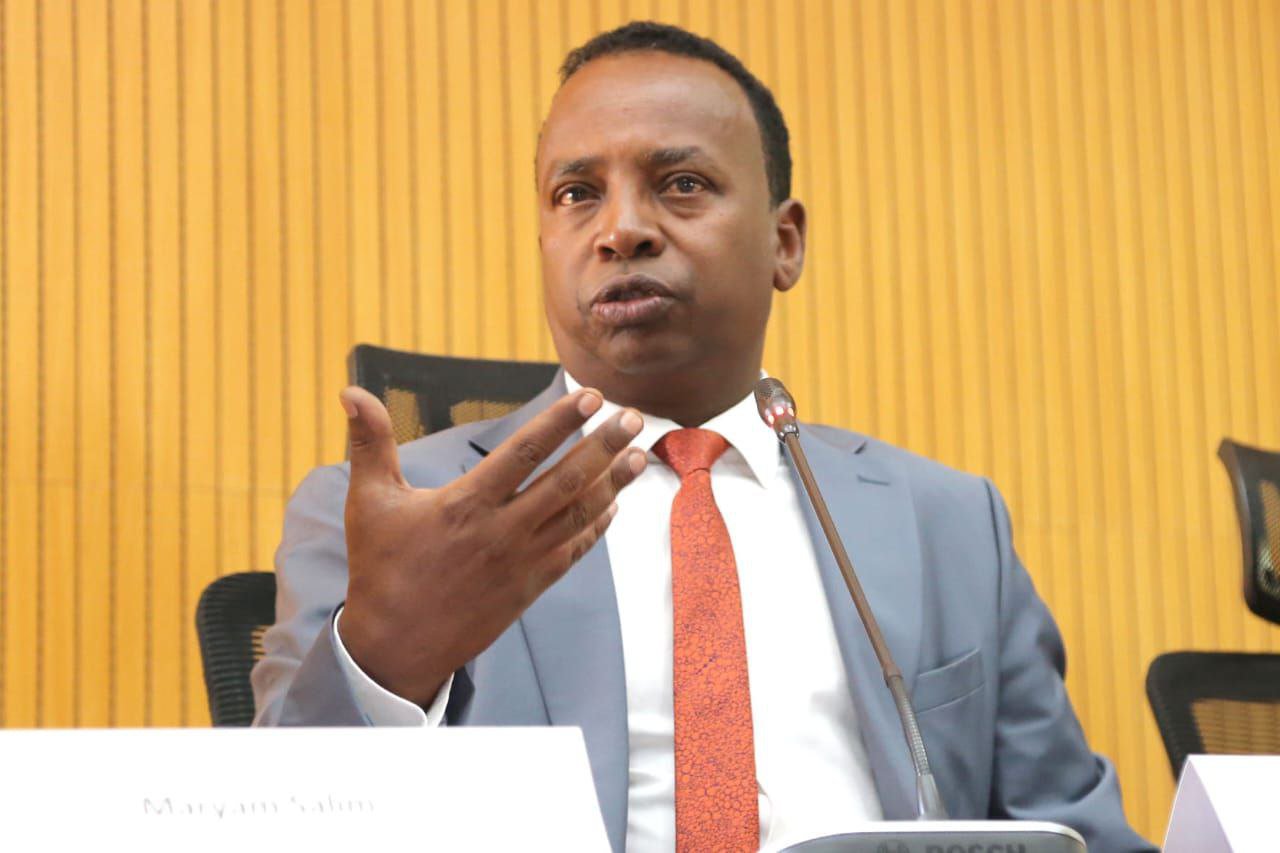
Ethiopia views its energy sector as central to the country’s economic transformation, serving as a foundation for industrialization, job creation, and enhanced service delivery. H.E. Dr. Eng. Sultan Wali, State Minister of Water and Energy, emphasized that realizing prosperity and growth requires availing sufficient, efficient, and affordable energy.
The Ethiopian government views energy not just as a commodity but as a core strategic resource essential for both domestic growth and regional leverage. State Minister H.E. Semereta Sewasew noted that the nation's "grand" vision for the sector aligns highly with bringing growth and development to the country. Ethiopian Electric Power (EEP) and Ethiopian Electric Utility (EEU) presented comprehensive updates on the four main pillars of the power sector reform: Financial Viability, Energy Security/Least Cost Planning, Operational Performance/Institutional Restructuring, and Energy Access.
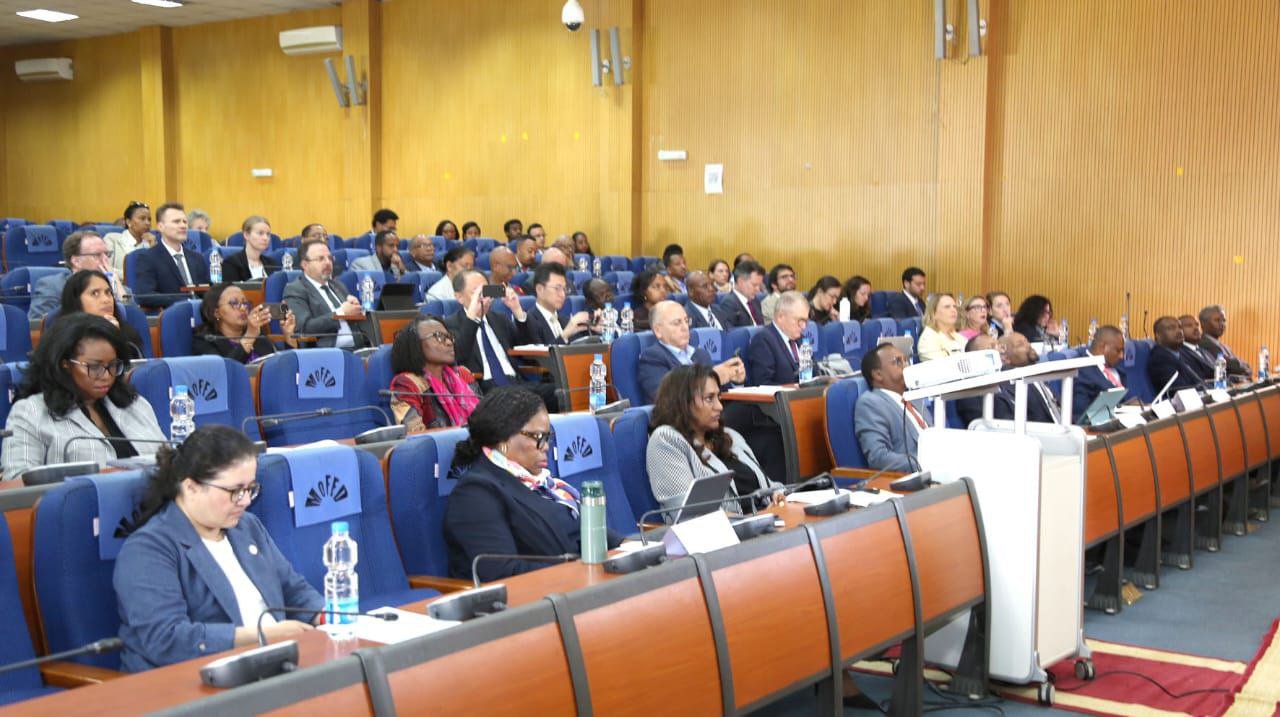
Private sector engagement is highly encouraged, and the government is working to improve frameworks, including the Public-Private Partnership (PPP) program. Mr. Abebe Gebrehiwot, PPP Director at the Ministry of Finance, noted that 21 energy-related projects are in the pipeline, including solar, wind, and hydro projects.
Development partners expressed strong support for the reform agenda. While the IFC highlighted its collaboration with the government on the diagnostic study for private sector participation, the European Union (EU) and its member states, through the Team Europe approach and Global Gateway initiative, affirmed their commitment to supporting electrification, energy efficiency, and grid modernization.

